The ‘Pizzagate’ conspiracy theory of 2016 claimed that Hillary Clinton and other high-ranking US Democratic Party officials were operating a child sex-trafficking ring from a popular pizzeria in Washington, DC. The conspiracy had migrated from internet message boards to the national news when a 28-year-old man wielding a rifle set out to investigate the claims for himself, and ended up firing three shots inside the restaurant before finding nothing suspicious and surrendering to the police. It’s easy to write off the gunman, and anyone else who came to believe ‘Pizzagate’, as gullible, disturbed and severely misguided. But as this short documentary from the UK filmmaker Charlie Lyne argues, the insidious way in which conspiracy theories plant seeds in the human brain is far more complex. In fact, it’s likely that you’ve fallen prey to one or two conspiracies yourself. Shrewd and darkly funny, Personal Truth has been a film festival favourite in 2018, screening at the Full Frame Documentary Festival, AFI Docs and Aspen Shortsfest, among others.
Sure, ‘Pizzagate’ is bunk, but does a conspiracy theorist lurk inside all of us?
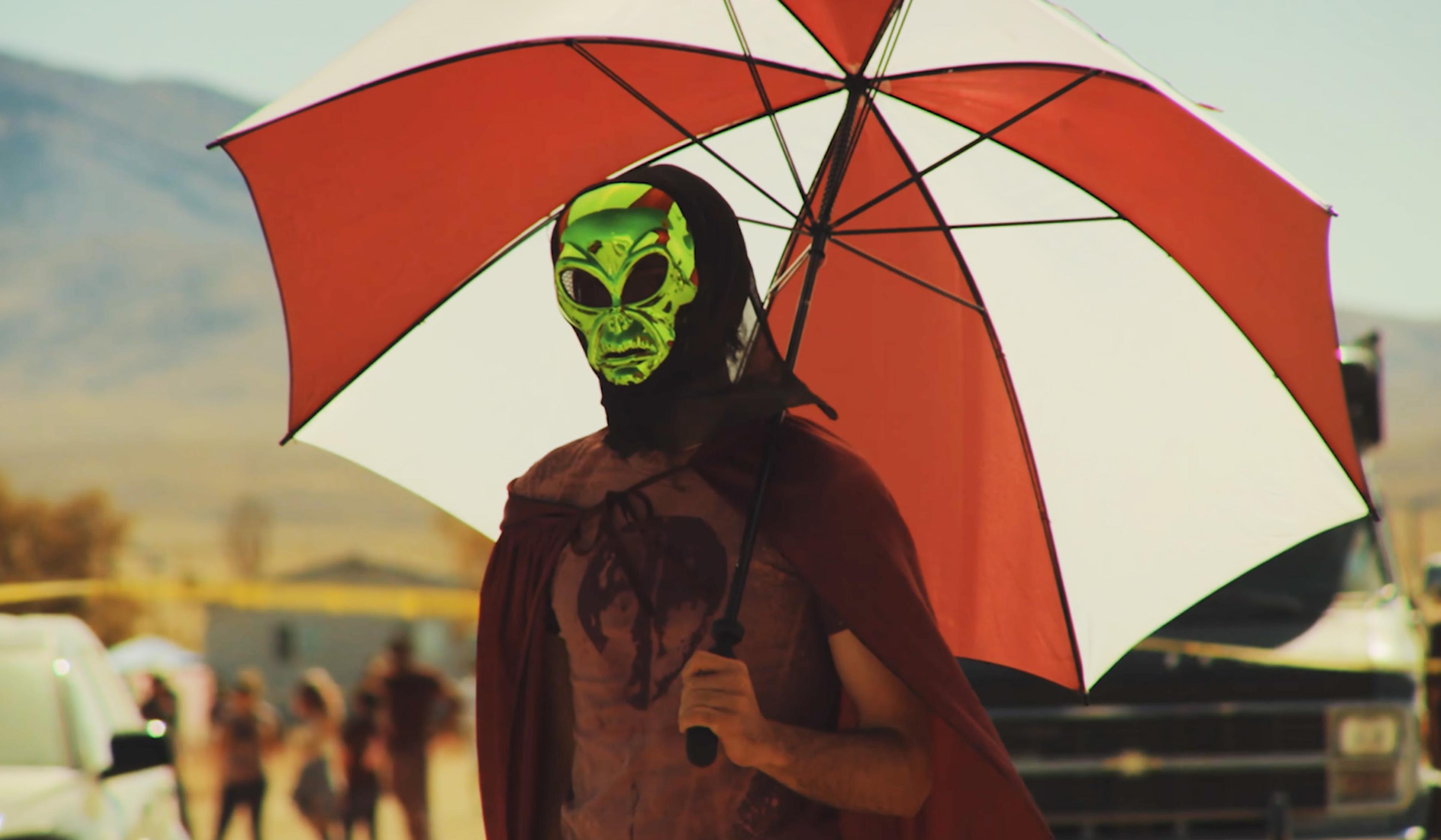
videoSubcultures
In a remote town near Area 51, UFO believers and locals contemplate the beyond
12 minutes

videoFairness and equality
When does US news ignore a terror plot? When the target is called Islamberg
30 minutes
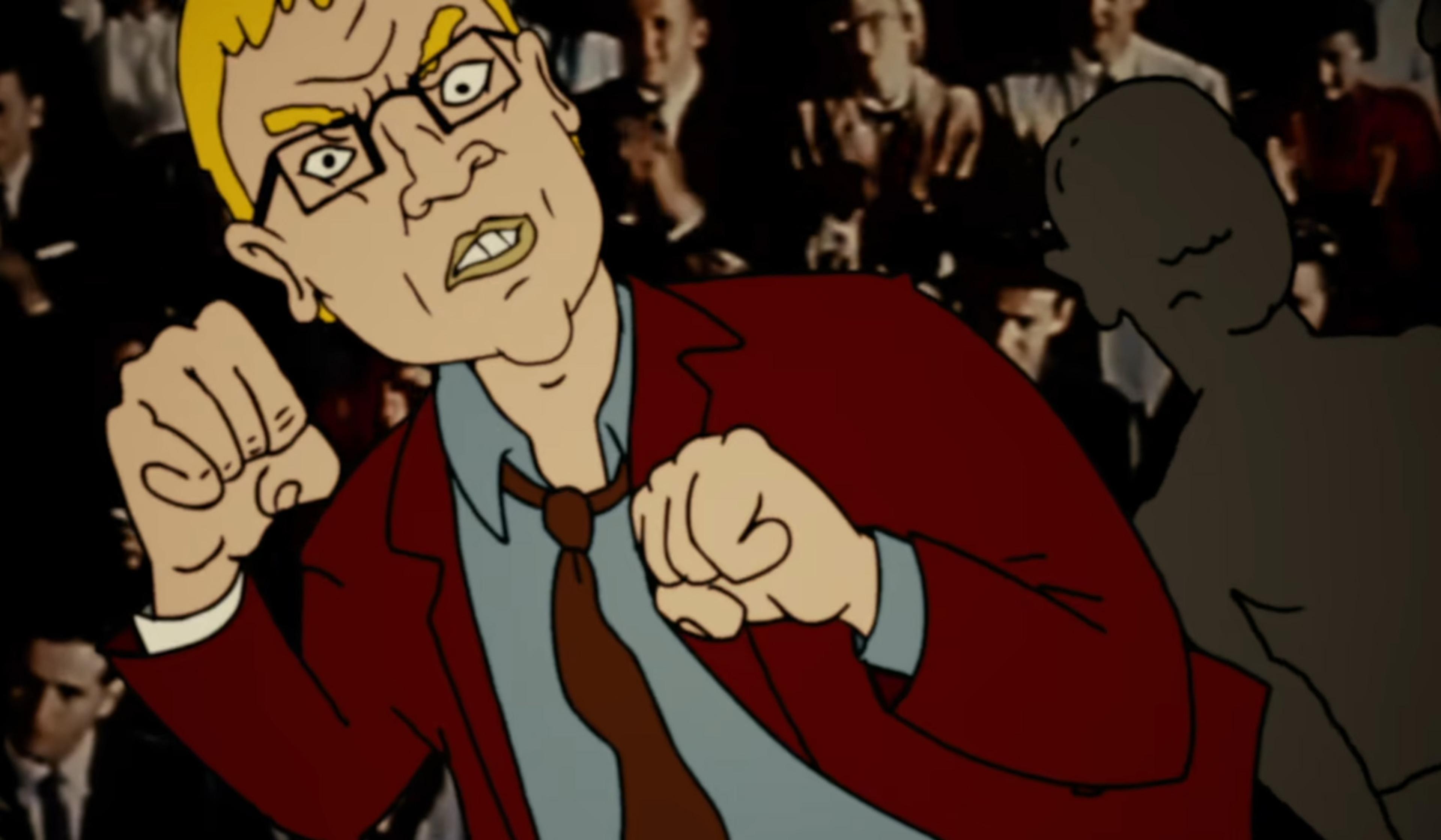
videoSocial psychology
A harrowing account of a 1970 ‘leadership seminar’ spotlights self-help’s dark side
11 minutes
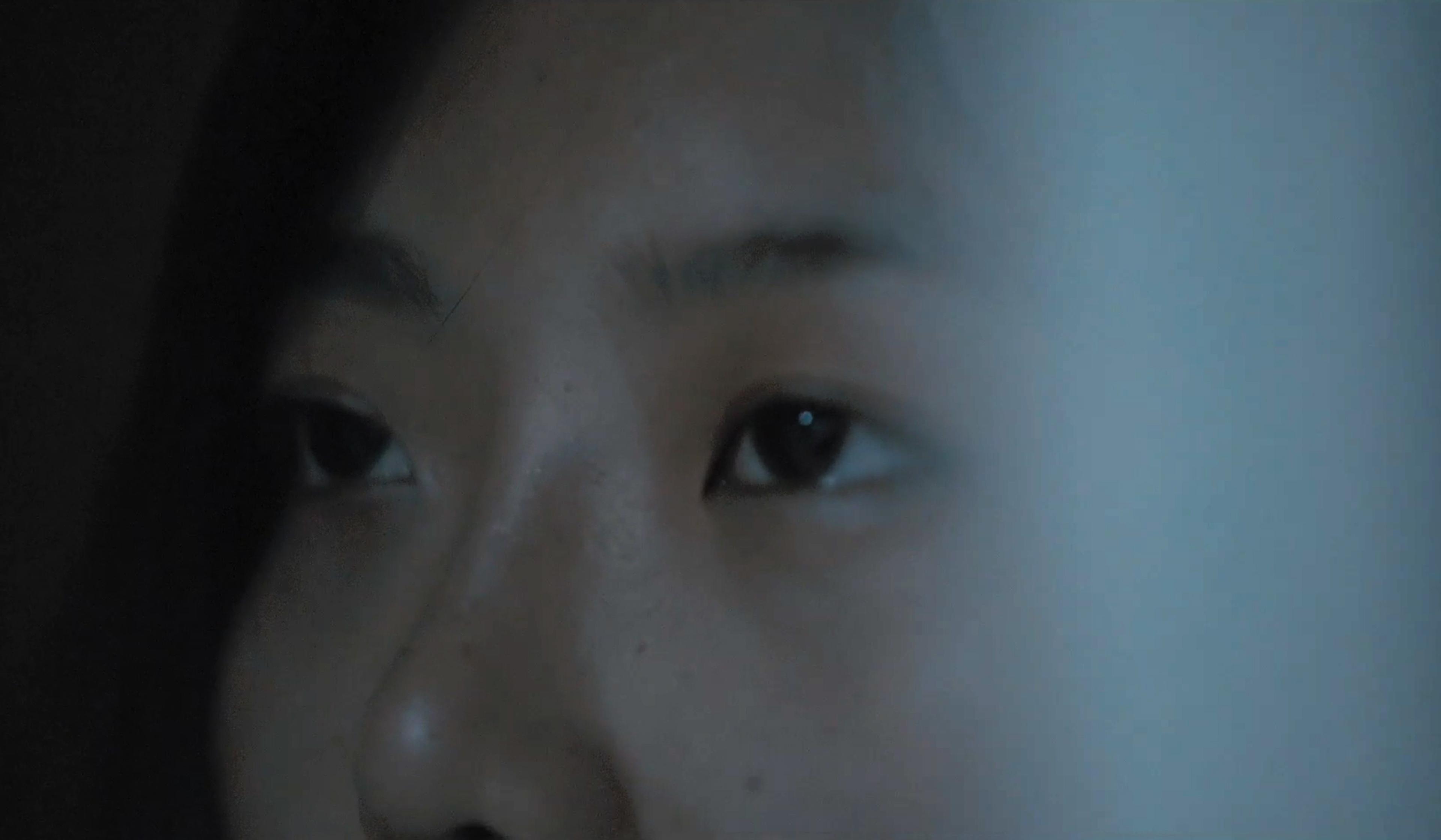
videoGender and identity
How the spy-cam epidemic in South Korea affects the women who are its victims
35 minutes
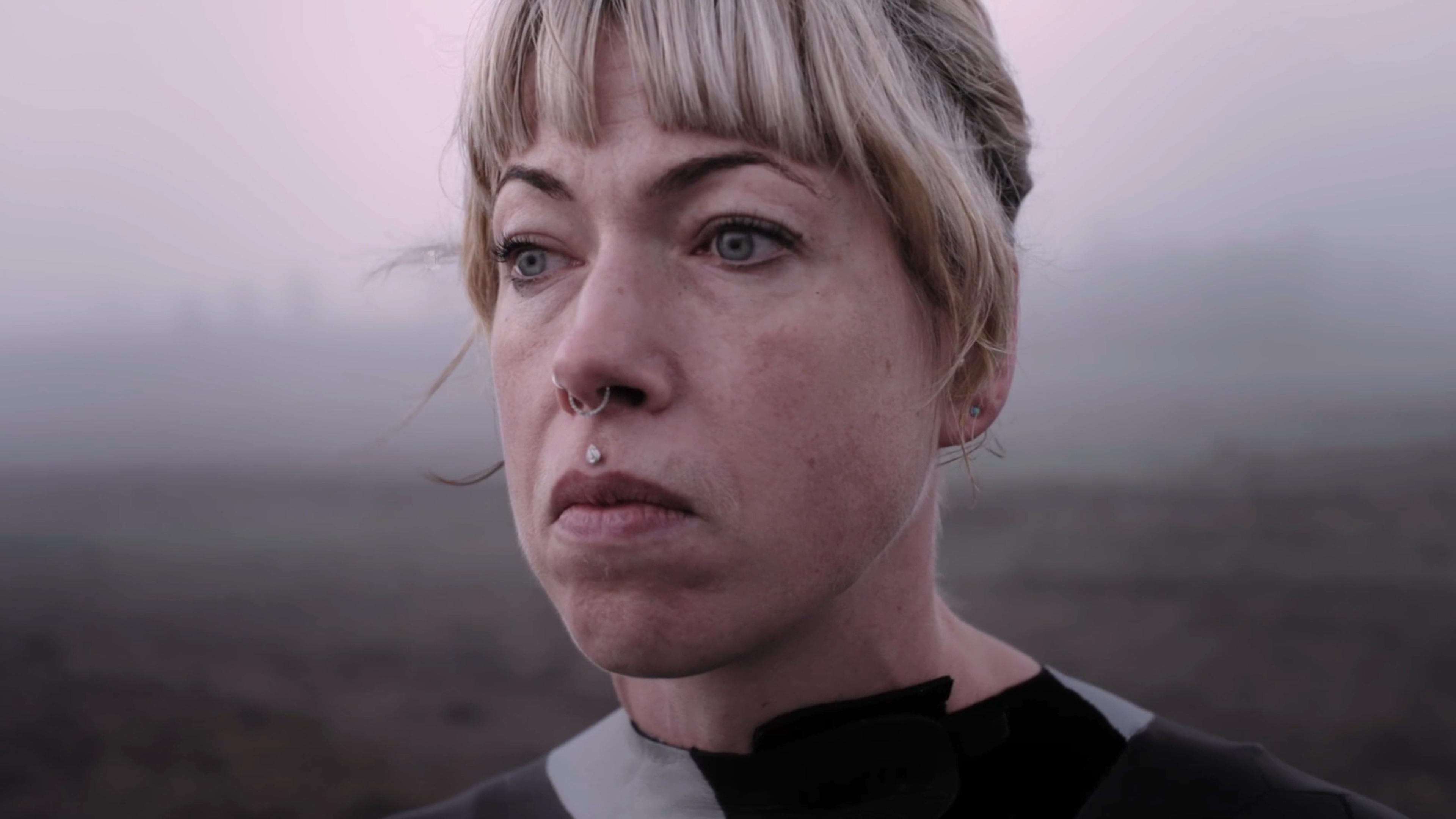
videoTechnology and the self
A deepfake porn victim confronts the pain of having her likeness stolen and vandalised
19 minutes

videoGender
Creepy comments and weird whispers: friends trade tales from the patriarchy on Halloween
10 minutes

videoHuman rights and justice
How British police put 16 men in the dock for consensual sadomasochism
15 minutes

videoGender
To understand the aversion to powerful women, look to the Greeks, says Mary Beard
72 minutes
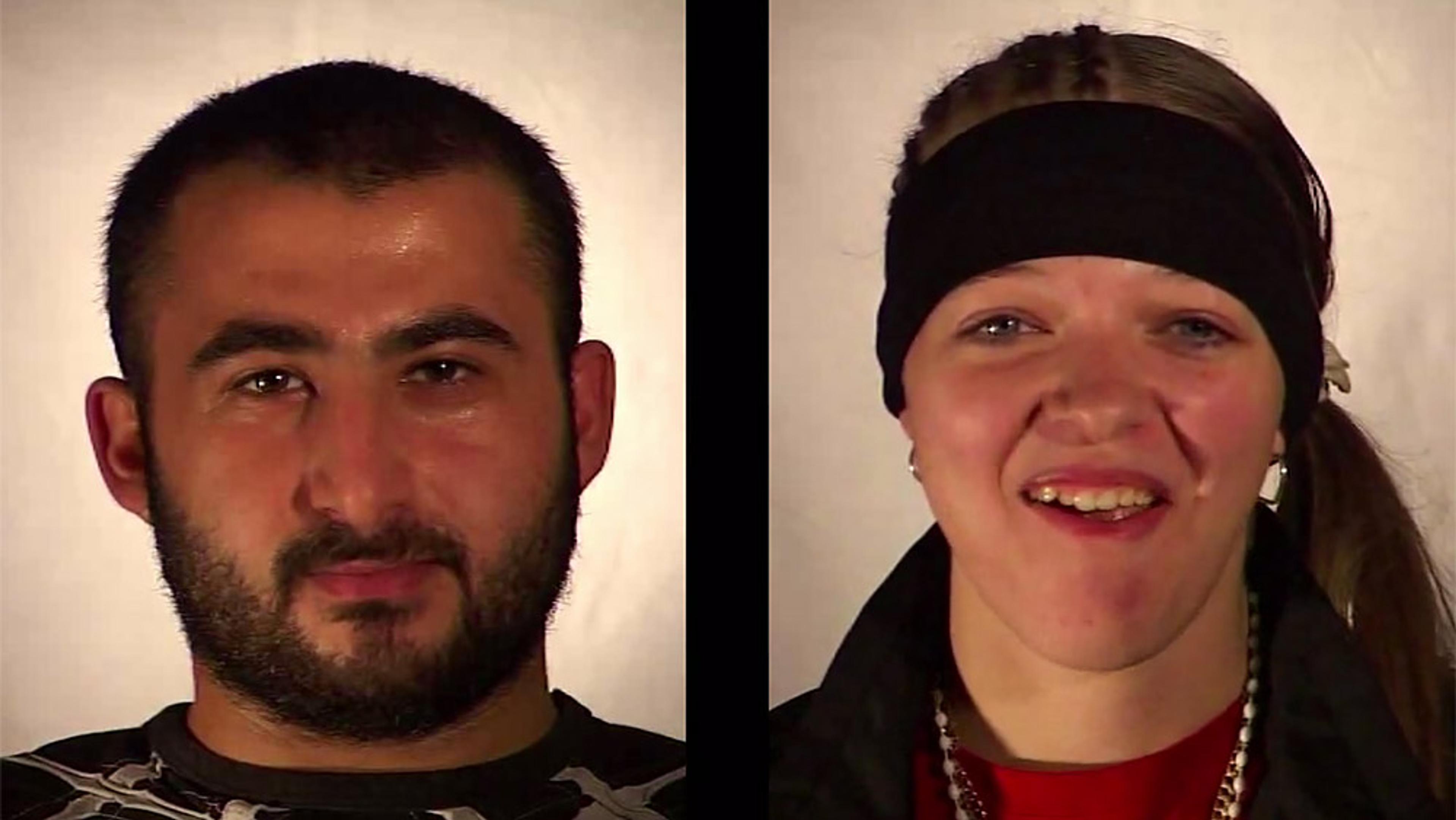
videoSocial psychology
Never judge a book by its cover. But what about people and their faces?
12 minutes